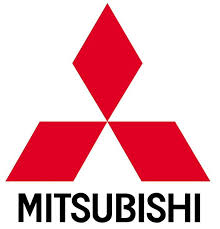Raider 2WD V6-3.7L SOHC (2007)

Catalytic Converter: Description and Operation
CONVERTER - CATALYTIC
DESCRIPTION
WARNING: THE NORMAL OPERATING TEMPERATURE OF THE EXHAUST SYSTEM IS VERY HIGH. THEREFORE, NEVER
WORK AROUND OR ATTEMPT TO SERVICE ANY PART OF THE EXHAUST SYSTEM UNTIL IT IS COOLED. SPECIAL CARE
SHOULD BE TAKEN WHEN WORKING NEAR THE CATALYTIC CONVERTER. THE TEMPERATURE OF THE CONVERTER
RISES TO A HIGH LEVEL AFTER A SHORT PERIOD OF ENGINE OPERATION TIME.
CAUTION: Avoid application of rust prevention compounds or undercoating materials to exhaust system floor pan heat shields. Light
overspray near the edges is permitted. Application of coating will result in excessive floor pan temperatures and objectionable fumes.
The exhaust system uses a single muffler with a welded tailpipe.
The 50 State Emissions vehicles use two mini catalytic converters inline with the exhaust pipe below the exhaust manifolds.
The exhaust manifolds are equipped with ball flange outlets to assure a tight seal and strain free connections.
The exhaust system must be properly aligned to prevent stress, leakage and body contact. If the system contacts any body panel, it may amplify
objectionable noises originating from the engine or body.
When inspecting an exhaust system, critically inspect for cracked or loose joints, stripped screw or bolt threads, corrosion damage and worn, cracked
or broken hangers. Replace all components that are badly corroded or damaged. DO NOT attempt to repair.
When replacement is required, use original equipment parts (or their equivalent). This will assure proper alignment and provide acceptable exhaust
noise levels.
The basic exhaust system consists of exhaust manifold(s), exhaust pipe with oxygen sensors, catalytic converter(s), heat shield(s), muffler and tailpipe.
OPERATION
The catalytic converter captures and burns any unburned fuel mixture exiting the combustion chambers during the exhaust stroke of the engine. This
process aids in reducing emissions output.
